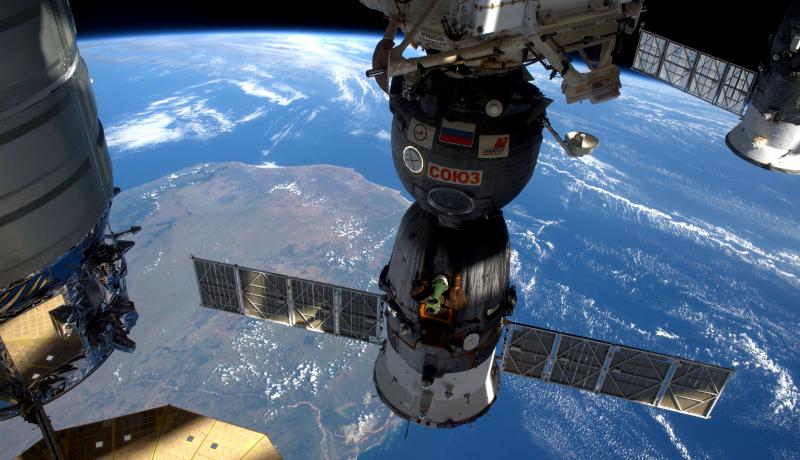More commentary about the Steve Aoki Party for Science and the Aoki Foundation.
Music business entrepreneur Steve Aoki has been a supporter of the SENS rejuvenation research programs for a while now. I’m always pleased to see successful people being vocal about their support for SENS, putting it front and center when talking to their audiences. Placing this important scientific work — as well as the prospects for near future therapies, and the need for philanthropic funding — in front of a bigger audience is a vital to the continued growth of our community and continued progress towards the medical control of aging. We need to reach out to entirely new networks of people, those who would never seek out the longevity science community on their own, as among their numbers are many who will be turn out to be interested, pleasantly surprised, and enthusiastic. Today, I’d wager, a large fraction of those people who will go on to be significant advocates and philanthropic donors of the late 2020s have no idea that we even exist, or that bringing an end to age-related disease, frailty, and suffering is possible outside the realm of science fiction.
Bootstrapping a cause never stops being hard. It was hard when small groups were striving to raise a few thousand dollars for SENS advocacy here and there, when having regular research programs and a million dollar fund looked to be an impossible distance away. It is hard today, when the SENS Research Foundation is trying to make the leap from a few million dollars in yearly research budgets to something ten times that size. Building greater public awareness and enthusiasm for the medical science of human rejuvenation is a very necessary part of that work. The sooner we collectively manage to change the zeitgeist to one in which charitable support for rejuvenation research is just as normal and lauded as support for cancer research, the better off we all are, and the more money that can be raised for scientific projects. So thanks are due to Steve Aoki for stepping up to the plate and taking a swing at this.







